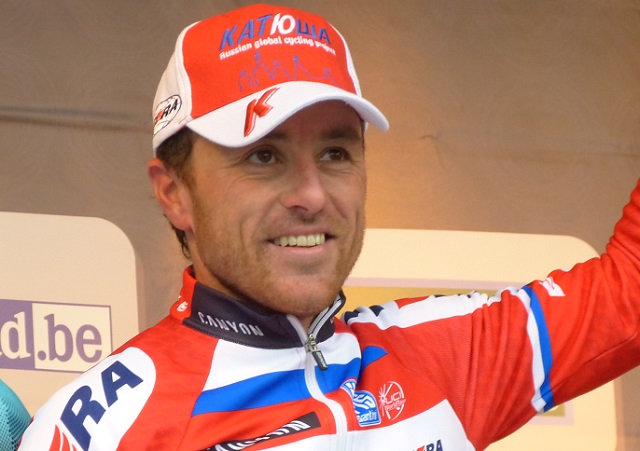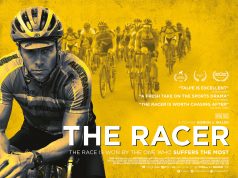The UCI have announced their Disciplinary Commission’s decision regarding UCI World Tour team Katusha following on from the adverse analytical findings of two of their riders, Eduard Vorganov and Luca Paolini.
Under article 7.12.1 of the UCI Anti-Doping Rules, a ban of 15-45 days is suggested for a team with two positives in the space of a year. However, the Russian team have avoided this suspension which could have had a big impact on their spring campaign.
In the case of Paolini, amongst the considerations which the UCI based their decision on was that they considered his taking of cocaine being for recreational purposes rather than to increase sporting performance.
The statement states that they feel it “would be disproportionate to suspend a team on the basis that one of its members [uses] a social drug, the consumption of which is not related to sporting performance”.
The UCI’s statement is as follows:
The Union Cycliste Internationale (UCI) announces that the President of the Disciplinary Commission has determined that: “The conditions for a suspension of Team Katusha in application of art. 7.12.1 the UCI Anti-Doping Rules have not been met.”
Following the notification of a second case of an Adverse Analytical Finding (*) in the UCI WorldTeam Katusha within a twelve-month period, the UCI referred the matter to the Disciplinary Commission on 6 February.
The President of the Disciplinary Commission based this decision on the following considerations, among others:
• “The text of the article [7.12.1] refers to the fact that the decision must take into account “all the circumstances of the case”;
• “With regard to the [Paolini case, it has been] established that the rider’s taking of cocaine was not related to an intention to influence sporting performance but was rather taken on a “recreational” basis;
• “In this context, applying a suspension under article 7.12.1 when one of the two cases of Adverse Analytical Finding relates to [the use of] a social drug cannot be reconciled with the aim of the article. Even if, strictly speaking, such a case falls within the application of the anti-doping rules for the rider concerned, the imposition of negative consequences for the whole team would be inappropriate and disproportionate”;
• “It is understood that the intention of the article is to impose negative consequences on teams that lack control of doping for sporting purposes by their athletes, or if even worse scenarios exist, and/or if teams are not doing enough to fight such doping”;
• “The President of the Commission has expressed that he could share the view that it would be disproportionate to suspend a team on the basis that one of its members [uses] a social drug, the consumption of which is not related to sporting performance”.
(*): Summary of the two cases:
• On 10 July 2015, Luca Paolini, a rider from the UCI WorldTeam Katusha, was notified of an Adverse Analytical Finding (presence of cocaine) relating to a sample taken during an in-competition test on 7 July 2015. A disciplinary procedure before the UCI Anti-Doping Tribunal is under way.
• On 5 February 2016, Eduard Vorganov was notified of an Adverse Analytical Finding (presence of Meldonium) in a sample collected during an out-of-competition control on 14 January 2016. The rider is provisionally suspended until the adjudication of the affair.










This in no way is connected to the Katusha team owner funding Cookson’s presidential campaign in the past, None at all!
I really don’t understand the line that cocaine isn’t performance enhancing so there’s no ban! What about the message it sends out about the sport being ok with that! A footballer would get a ban for it or for that matter any employee that was using it in the workplace would get sacked, so why not a cyclist? Sends out a bad message about the sport.